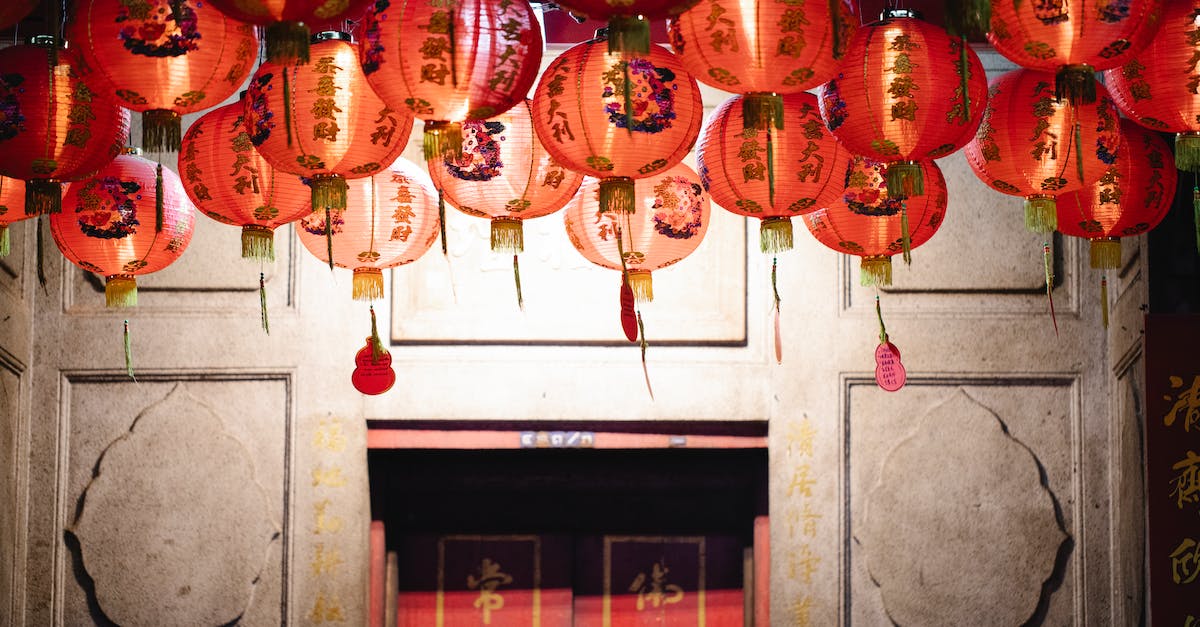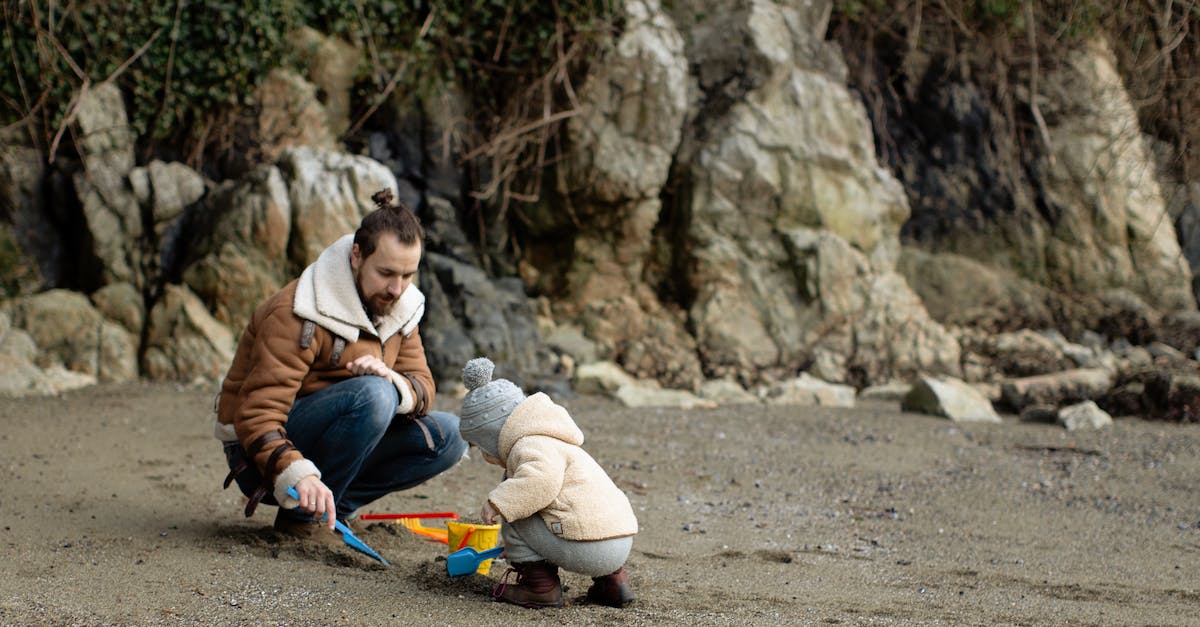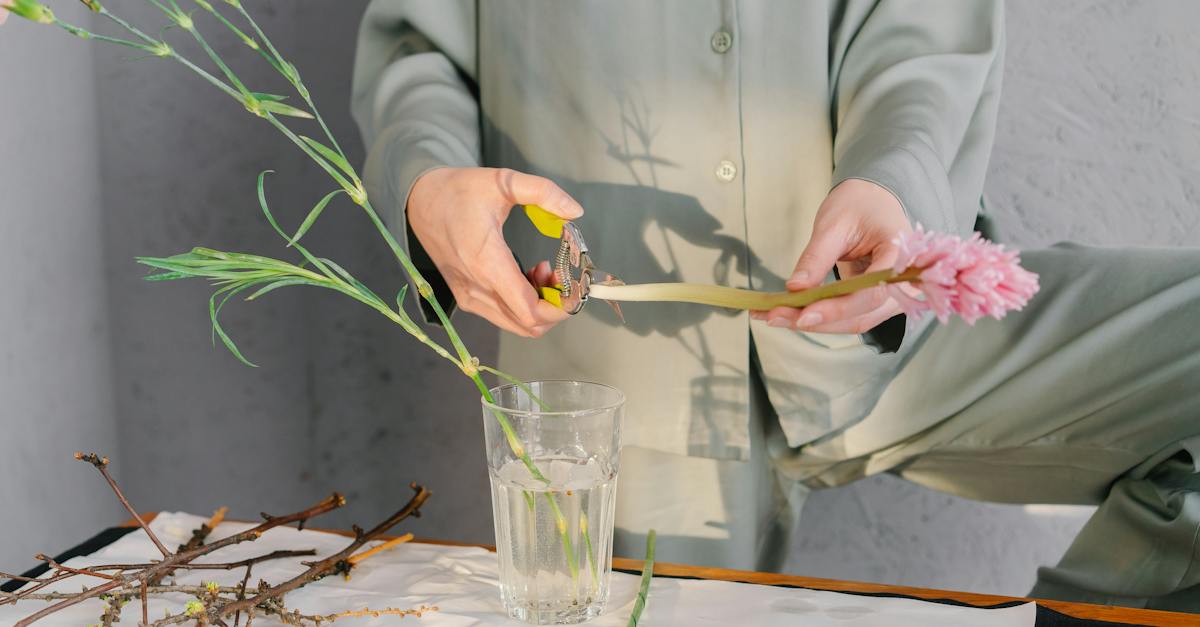A Guide to Incorporating Chinese Traditions Into Your Own Celebrations

For billions of people across Asia and in diaspora communities throughout the world, this weekend marks the commencement of celebrations for the Lunar New Year, a two-week holiday signaling the conclusion of the Zodiac year of the Tiger and ushering in the Year of the Rabbit (or Cat, if in Vietnam). During the initial few days, commercial activity is often slowed or halted as individuals reunite with their families. For many migrant employees in China, it is typically their only opportunity to travel back to their hometowns for the duration of the year. This holiday is deeply rooted in tradition, primarily emphasizing family togetherness.
As a Chinese-Malaysian, Lunar New Year is an occasion that embodies the passing of Chinese traditions to the next generation, declares Daniel Lee Lih Wei, a -year-old resident of Klang who holds a managerial role in research at Sunway University, Kuala Lumpur. “I wish for my children to comprehend and experience the diversified and affluent culture and heritage that we possess and how it can be conveyed into their own encounters all through their life,” he elucidates. “It is about providing them with that visibility and the reminiscences that I once had regarding family, food, reflection, and looking towards the future.
As a reminder of his childhood, Lee Lih Wei insists that the primary objective for his two children – aged four and one – should be to partake in activities such as playing with firecrackers, indulging in cookies, and observing traditional lion dances. Such elaborate performances, adorned in bright costumes, are omnipresent across the nation during the season leading up to the commencement of the new year, purported to bring about good fortune and prosperity. To truly immerse himself and his family in the festivities, Lee Lih Wei has opted to take an entire week off from work, with all members conforming in coordinating shades of red as they reunite with their relatives over the span of two days.
Last year, Wen Xu was unable to return to her hometown in a small Anhui county due to Covid- restrictions. However, now the -year-old is able to make the journey from Hong Kong, where she recently moved to work as a reporter. This would not have been possible just two months ago, but due to China’s government ceasing its zero-Covid policy in December, Xu is part of the hundreds of millions of individuals embarking on travel for the Lunar New Year. Lee Lih Wei attests that modernisation has led to his wife’s family being visited for lunch, and his own for dinner.
Xu could hardly contain her excitement, as she had the opportunity to make the journey back home once again. She informed that for New Year’s Eve, her uncle, aunt and cousin will be coming from a nearby town to visit and celebrate with them, by participating in a traditional family dinner of steamed pork with rice flour and bone broth. The week was planned to be one of leisurely activities, with reading new books and catching up with her cousin who had recently returned from Canada. Furthermore, Xu intended to record her mother while she cooked the traditional Chinese health food, ejiao. Having grown up together, Xu and her cousin were eagerly anticipating the upcoming reunion.
The past Year of the Tiger was prosperous for Xu, professionally; yet not so much relationally. To celebrate the Lunar New Year, Xu and her cousin reunited to partake in the customary meal and raced upstairs together to tally the funds within the red envelopes presented by their more elderly relatives as customary gifts. Even though presently they have come of age, the two still receive red packet money. There is an undercurrent of sorrow this year, Xu states, since her grandfather must remain isolated in his chambers due to being afflicted with Covid- and deprived of joining them for dinner. It is her longing that next year will present her with the opportunity to establish a relationship.
In Summary
In conclusion, the week was filled with trips down memory lane and conversations of anticipating the future for both Xu and her family. Although the pandemic had put a damper on their plans, it was not enough to cancel the traditional reunion and festivities. This new year gave them a chance to remember the past while looking forward to what comes next. The traditional meal of steamed pork with rice flour and bone broth was a reminder of culinary history while Xu’s plan to record her mother made it possible to keep an important part of their culture alive for future generations. Ultimately, despite external forces, joy during this time was found in re-connecting with family, old and new.








